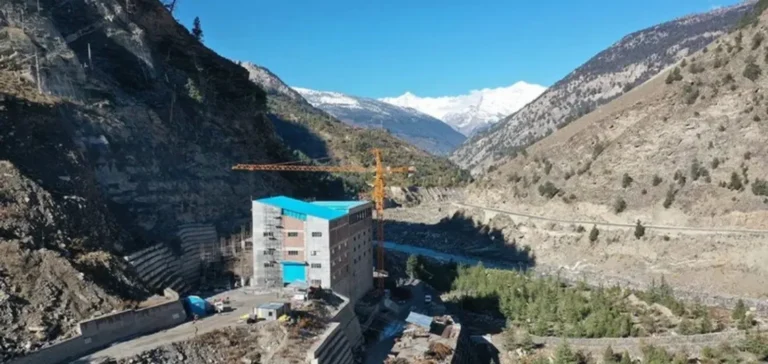The Norwegian state-owned group Statkraft, Europe’s leading producer of renewable energy, has signed an agreement to sell its Tidong hydropower project to JSW Energy Ltd, one of India’s leading private electricity producers. The project, with a capacity of 150 megawatts, is currently under construction in the state of Himachal Pradesh in the north of the country.
A strategic asset in the final phase of development
Tidong is a run-of-river power plant, which is expected to be commissioned during 2026. The transfer of ownership remains subject to the necessary regulatory approvals. This asset becomes the fourth hydropower project integrated into JSW Energy’s portfolio in the region, thereby strengthening its position as the largest private hydropower operator in India.
Sharad Mahendra, Joint Managing Director and Chief Executive Officer of JSW Energy, said that this acquisition allows the company to capitalise on its experience in the rapid development of infrastructure, notably citing the 240 MW Kutehr plant, built in record time. The Tidong project will also complement the existing facilities at Karcham-Wangtoo, enabling optimisation of operational synergies.
Statkraft continues its strategy of geographic refocus
This disposal forms part of the strategy announced by Statkraft in 2024, aiming to gradually withdraw from the Indian market to focus its investments on target markets in Europe and South America. The sale of the Tidong project follows recent transactions with the groups Serentica and Bhilwara, and constitutes an important step towards the company’s full exit from the Indian market.
Present in India since 2004 through its joint venture SN Power, Statkraft was the first foreign investor in the country’s hydropower sector. Over the years, the company has built a diversified portfolio of assets including hydropower, solar, wind, as well as power trading activities across several states.
An accelerated growth momentum for JSW Energy
JSW Energy is part of the JSW Group, valued at USD 23 billion, present in the energy, steel, infrastructure, cement and sports sectors. The company is currently developing projects representing a cumulative capacity of 12.8 gigawatts and aims to reach 30 gigawatts of production by 2030. The onboarding of the experienced Tidong project team is also expected to benefit its future pumped-hydro storage projects.
This transaction illustrates the rebalancing of energy portfolios between European and Asian players, as investment dynamics are being reshaped according to each group’s geographic priorities.






















